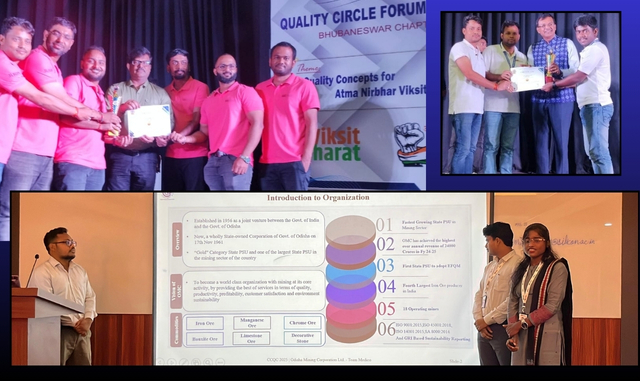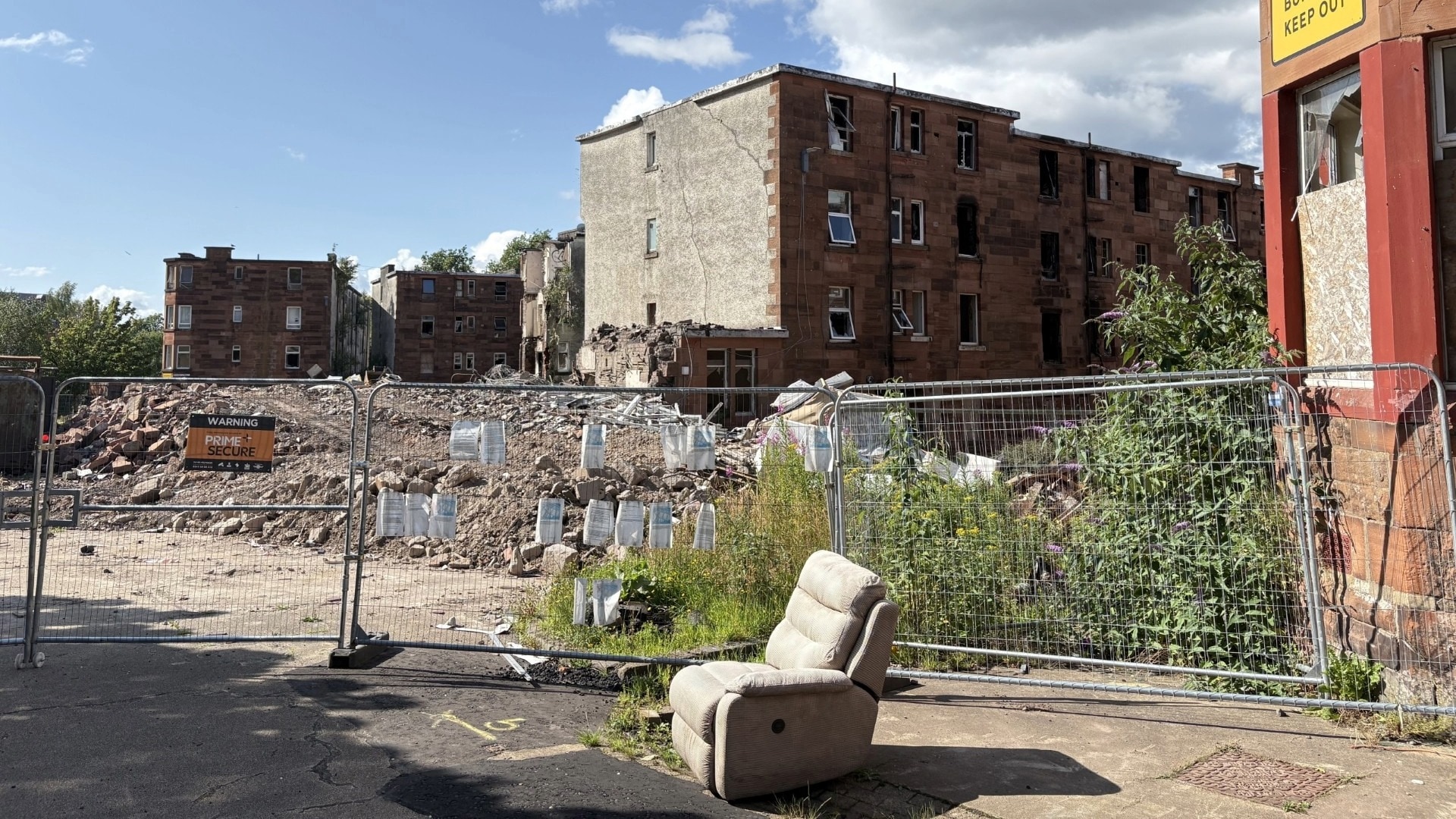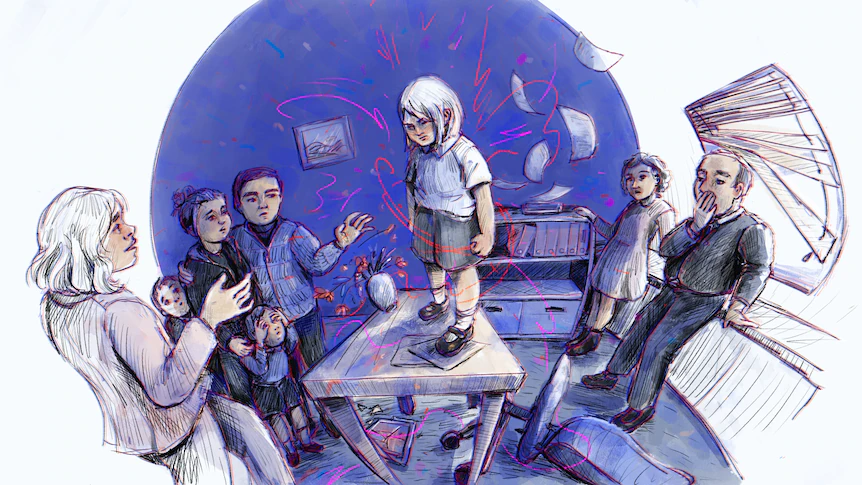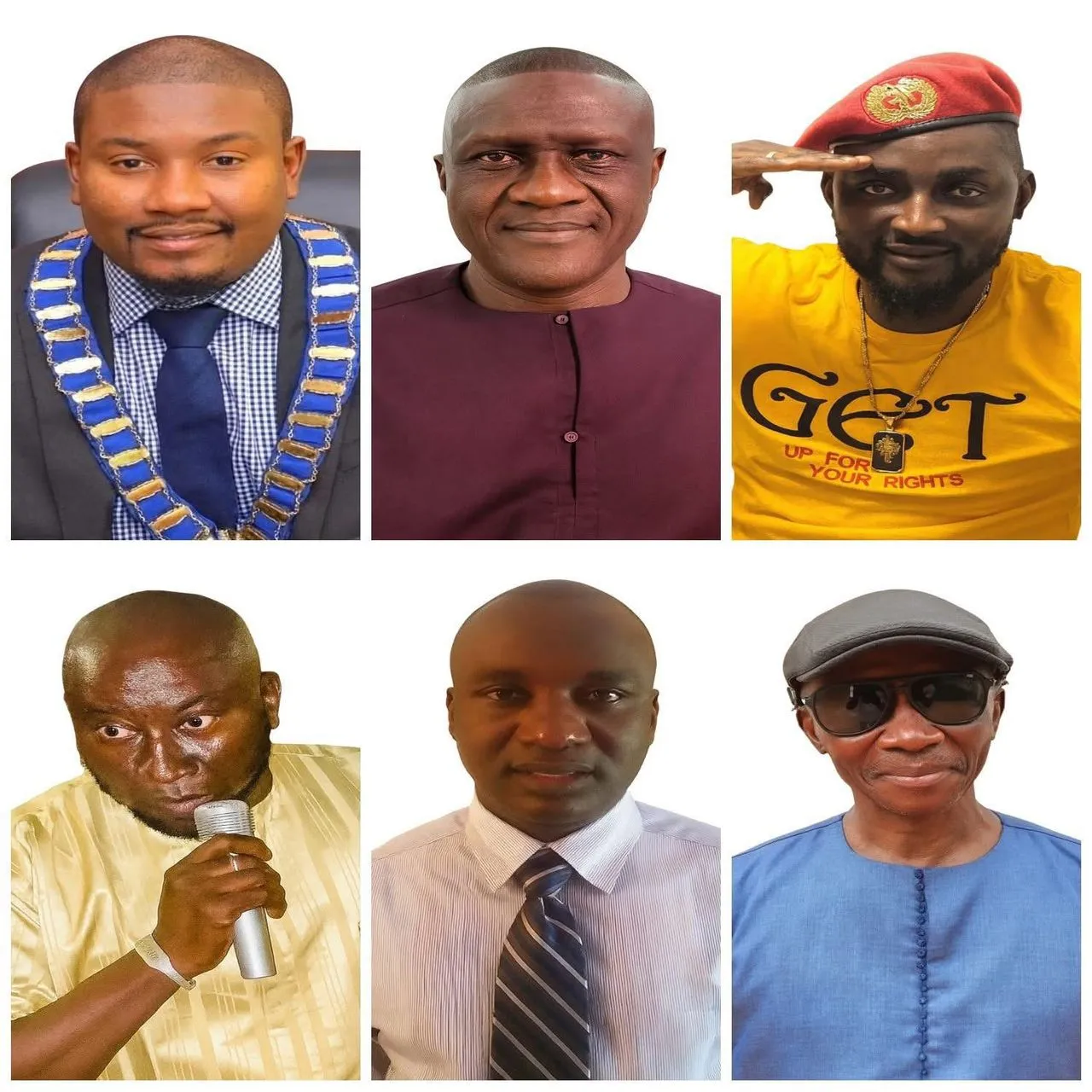Activists demand justice, clean-up of Ogoniland 30 years since Ken Saro-Wiwa’s execution
By Kehinde Akinseinde-Jayeoba
Copyright tribuneonlineng
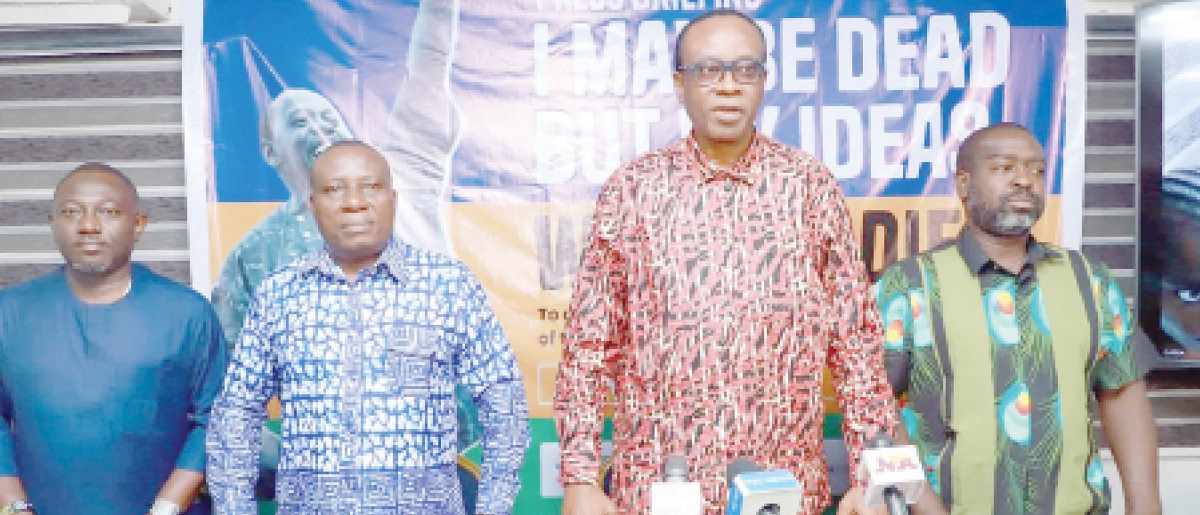
Thirty years after the judicial execution of Ken Saro-Wiwa and eight Ogoni leaders, environmental and human rights groups have renewed calls for justice, accountability, and a comprehensive clean-up of the Niger Delta.
At a press briefing in Lagos on Monday, the coalition of civil society organisations condemned what they described as the “unending injustice” that has persisted since the 1995 hanging of the Ogoni Nine.
Rev. Dr. Nnimmo Bassey, Director of the Health of Mother Earth Foundation (HOMEF) and Chairman of the Ken Saro-Wiwa 30th Anniversary Planning Committee, described the executions as a “cold and calculated act of state violence designed to silence truth and crush dissent.”
On November 10, 1995, the military regime of the late Gen. Sani Abacha executed Saro-Wiwa alongside Saturday Dobee, Nordu Eawo, Daniel Gbooko, Paul Levera, Felix Nuate, Baribor Bera, Barinem Kiobel, and John Kpuine. Their deaths, according to Bassey, were the price for exposing environmental degradation and corporate complicity in Ogoniland.
“Ken Saro-Wiwa was a defender of human rights and of nature’s resources,” Bassey said. “He reminded us that reckless extractivism was poisonous and that oppressed voices must never be silenced.”
Saro-Wiwa, who spearheaded the Movement for the Survival of the Ogoni People (MOSOP), had led a non-violent resistance against the environmental devastation caused by multinational oil companies, particularly Shell. His ideology of “ERECTISM” promoted ethnic autonomy, resource control, and environmental justice—principles that continue to resonate today.
Despite global outrage at the executions, activists say the conditions Saro-Wiwa fought against remain largely unchanged. “Ogoniland is still polluted. Rivers remain contaminated, gas flares poison the air, and communities live in poverty while oil corporations profit,” Bassey said.
The groups faulted ongoing oil company divestment plans, which they argue allow polluters to walk away from decades of liabilities without cleaning up the damage. They also criticised the recent presidential pardon of the Ogoni Nine by President Bola Tinubu, calling it a “hollow gesture” that manipulates history rather than addressing the truth of their judicial murder.
ALSO READ: Tinubu orders Fubara’s return, suspends emergency rule in Rivers
They further condemned the continued confiscation of Ken Saro-Wiwa’s Memorial Bus despite a court ruling ordering its release, describing it as an attempt to suppress memory and diminish Ogoni heritage.
Thus, the coalition demanded a thorough clean-up of Ogoniland and the Niger Delta. Celestine Akpobari, Director, Miideekor Environmental Development Initiative, noted that the cleanup must be transparent, scientifically monitored remediation with full community participation and not cosmetic exercises or political committees.
Speaking on the demand for accountability from oil companies, Akinbode Olwafemi, Director, Corporate Accountability and Public Participation Africa (CAPPA) said corporations must pay reparations that reflect the true cost of pollution, loss of livelihoods, and ecosystem destruction, adding that divestment without addressing liabilities must be halted.
The Group also demanded justice for communities, while prioritising the rights of Niger Delta people to safe water, clean air, and unpolluted soil, with development and remediation reaching communities directly.
Also, Kentebe Ebioridor, Programme Manager, Environment Right Action/ Coordinator Oil/Watch International, said the group demand the decriminalisation of activism, such as protection of environmental and human rights defenders from harassment, intimidation, and criminalisation.
Bassey emphasised that the oil in the ground should be left, noting that the coalition strongly rejects the renewal of oil exploration in Ogoniland, failure of which would deepen old wounds and perpetuate exploitation.
“These are not mere demands,” Bassey stressed. “They are Ken Saro-Wiwa’s unfinished business. Thirty years after his judicial murder, his struggle is still alive.”
